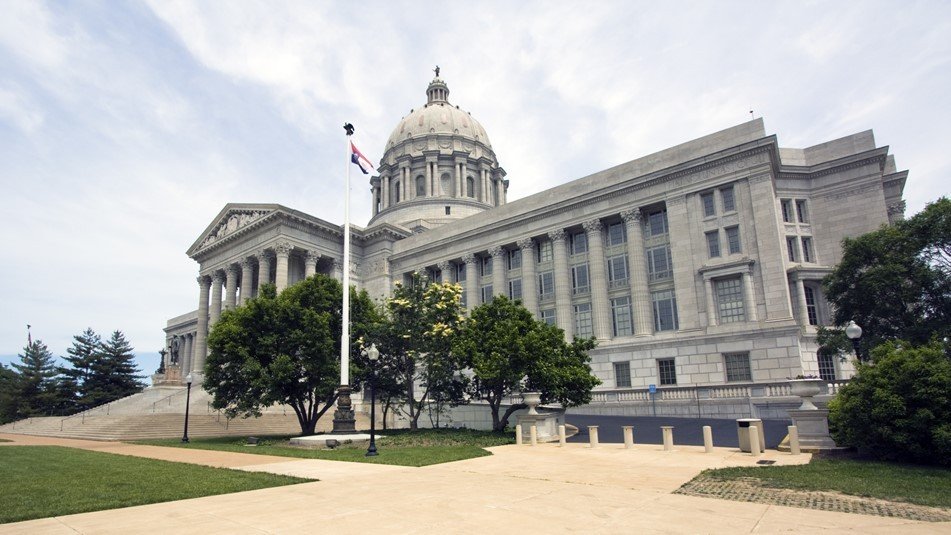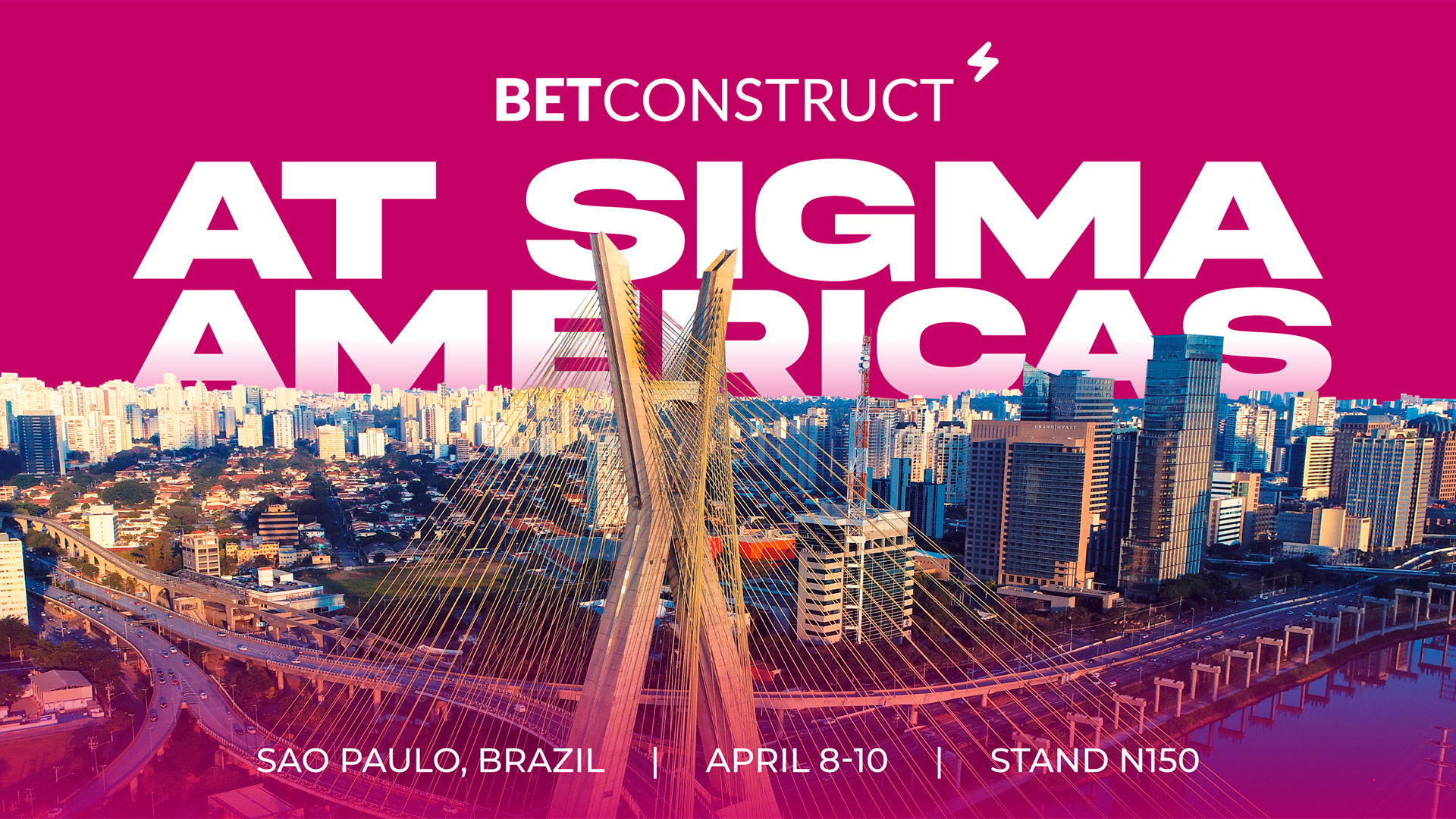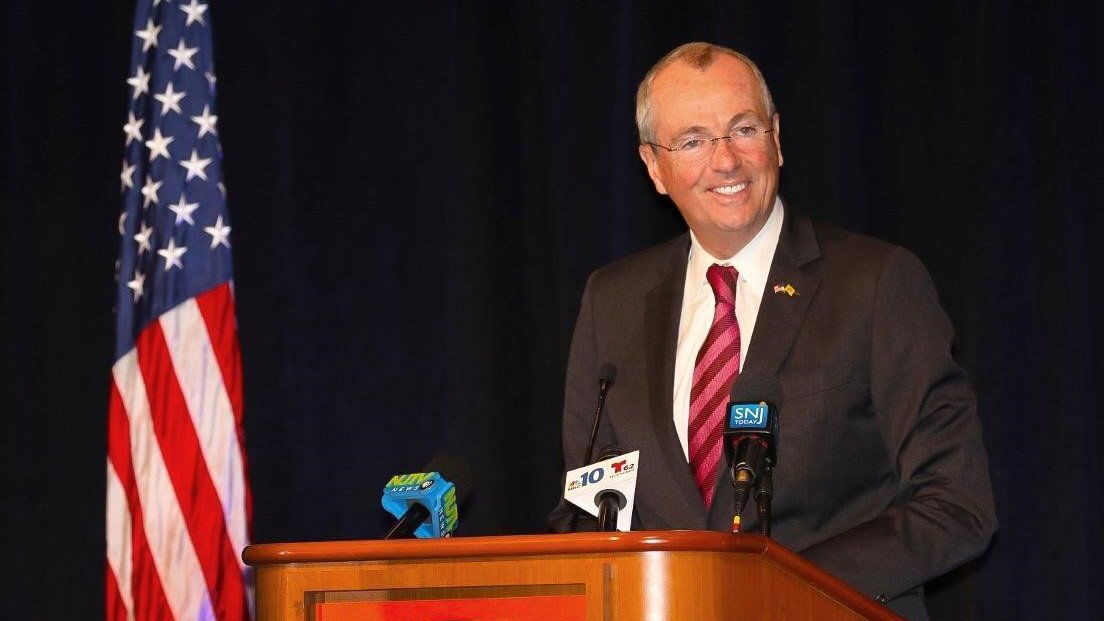Sports betting regulation remains undefined in Brazil

There are 12 days before the Executive Branch meets the deadline set forth in Law No. 13,756/2018 to regulate fixed odds or sports betting in Brazil. However, the issue still remains undefined and President Jair Bolsonaro does not answer the key question of whether he will meet the deadline established in paragraph 3 of Article 29. The paragraph states that "the Ministry of Finance shall regulate within a period of up to 2 (two) years, extendable for the same period, from the date of publication of this Law, the provisions of this article."
It is expected that the issue of the regulatory decree will be accompanied by an interim measure that modifies Law No. 13,756/2018, creating penalties, advertising rules, the destination of prescribed prizes, and other adjustments to the legislation. But new information about the regulation process, which has a deadline of December 12, is emerging daily.
News service BNLData spoke to government representatives and sources who have had contact with the ministers involved in the area, and the information is contradictory, generating uncertainty among executives in the sector, most of whom want the activity to be regulated soon.
The report "Brazil opens the World Cup without rules for sports betting after Bolsonaro's decree", recently published by Folha de S.Paulo, reported that the Civil House had received the draft decree from the Ministry of Economy, but that "so far, there is no schedule for publication".
A source who had access to the Planalto Palace last Thursday revealed to BNLData that the Civil House still had no publication schedule for the regulation and that President Bolsonaro rejected the idea of moving forward with the regulation process this year, transferring the political weight of the decision to the new government, which begins on January 1.
It is worth noting that the person responsible for issuing the regulatory decree, the Minister of the Civil House, Ciro Nogueira, is in Qatar as a guest of the World Cup organization, together with other ministers, senators, and deputies.
In an interview with Canal Livre on Sunday, November 20, the mayor of the city of Araraquara and communication coordinator of President-elect Lula da Silva's campaign, Edinho Silva, defended the regulation of gambling and betting so that the resources could be applied to education and educational infrastructure.
And on the morning of Tuesday 29, a technician assured that there is the possibility of publication of the decree, but if President Jair Bolsonaro does not issue the regulation that regulates Law No. 13,756/2018, it will be necessary a 'legal act' that extends the deadline for issuing the regulatory decree, because as there is a provision in the law for the Government to regulate the activity until December 12, the president would be committing a crime of functional responsibility by not observing the deadline specified in the law.
In the case of the issuance of the regulatory decree, there will be the need for the issuance of complementary orders by the Ministry of Economy, so that the activity is operated under the rules of the Brazilian government.
If the regulation of the law that created sports betting is not published, the path may be the judicialization of the process, since the law will be in full force as of December 13.
BNLData consulted the lawyer and jurist Regis de Oliveira, who quoted one of the most renowned experts in Public Law, Agustín Gordillo, to argue that the government cannot fail to regulate a law, nor can it avoid the effects by not regulating it.
'There is a remarkable lesson from the Argentine Agustín Gordillo, one of the most renowned experts in Public Law, which is the following: the government cannot fail to regulate a law. Nor can it avoid the outbreak of all its effects by not regulating it. It cannot prevent the production of effects by its omission. The negligence, inertia, and guilt of the government cannot be an excuse for its negligence".
Regis also confirmed that, regardless of the regulatory decree, the law produces its immediate effects and the Government cannot prevent the effectiveness of the law and its effects. "The legal norm produces its effects immediately. It is independent of the regulation. It becomes fully effective. The Executive cannot, under the pretext of not regulating, prevent the effectiveness of the rule. In other words, on December 13 of this year, all websites that operate through the online modality will also be able to operate as ".com.br". In addition, all land-based operators will no longer have any legal impediment to their operations," he said.
Even without federal regulation, companies will have to submit an application to operate in the country based on the legislation in force, and pay the taxes provided for in Law No. 13,756/18, collect the administration fee and report to COAF the premiums paid above R$10,000.

















































